Blogs and Free Resources
Here at PESI, our mission is to provide professionals like you with FREE practical and valuable tools, strategies,
and resources to assist with the great work you do. Find expert tips, helpful worksheets, demonstration videos, CE, news,
and more here. Happy learning!
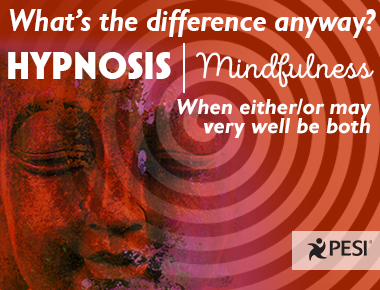
Mindfulness Vs. Hypnosis
What's the difference anyway?
Clients (and therapists making referrals) are usually fairly certain that they want one or the other. They feel that either hypnosis or mindfulness is what is needed. You want to stop smoking? Hypnosis. You want to calm down? Mindfulness. It is usually either/or, though the presenting issue may very well be both.
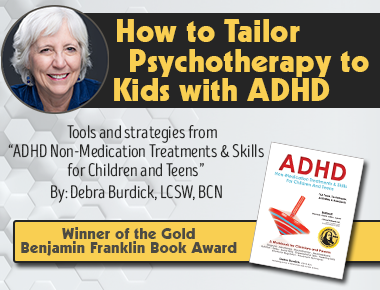
How to Tailor Psychotherapy to Kids with ADHD
Get 2 free handouts to help tailor your psychotherapy approach for kids and teens with ADHD.
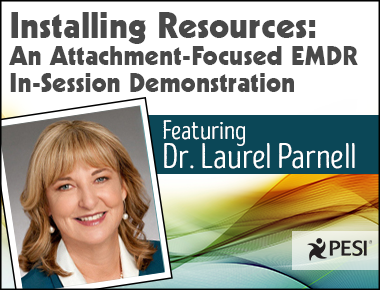
Video: Installing Resources
An Attachment-Focused EMDR™ In-session Demonstration with Dr. Laurel Parnell
In this free, short video, Dr. Laurel Parnell, leader and innovator in the field of EMDR, shows you how to prepare your client for safe and effective trauma treatment.
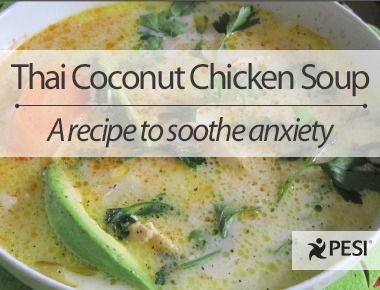
Eat Right, Feel Right
A recipe to soothe anxiety
This easy-to-make recipe for Thai Coconut Chicken Soup is warming and satisfying all at once. The benefits of chicken and chicken broth, coconut cream, and the herbs all contribute to elevate mood and increase a sense of satisfaction. Coconut is rich in B Vitamins, which reduce anxiety, and the fat is easy to digest and supports memory and focus.
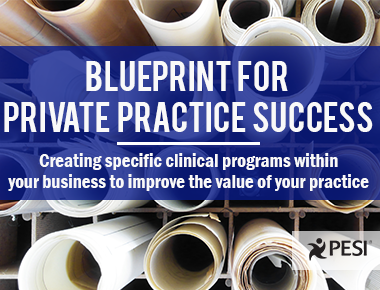
Blueprint for Private Practice Success
Creating specific clinical programs withinyour business to improve the value of your practice
If you are entering or already in private practice, your blueprint for success not only consists of your clinical training, it needs to include a solid plan for creating, growing and sustaining your business. The Program Goals/Timeline Template (available as a FREE download) is your blueprint to creating specific clinical programs within your business that promote your strengths, help your target population, and improve the overall value of your practice.
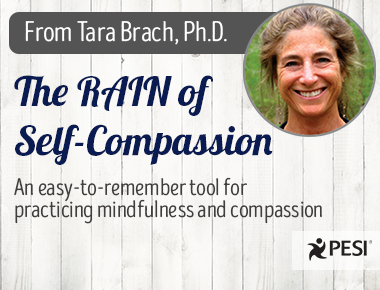
The RAIN of Self-Compassion
In order to unfold, self-compassion depends on honest, direct contact with our own vulnerability. This compassion fully blossoms when we actively offer care to ourselves. Yet when we’ve gotten stuck in the trance of unworthiness, it often feels impossible to arouse self-compassion. To help people address feelings of insecurity and unworthiness, I like to share a meditation I call the RAIN of Self-Compassion. This easy-to-remember tool for practicing mindfulness and compassion uses four simple steps…
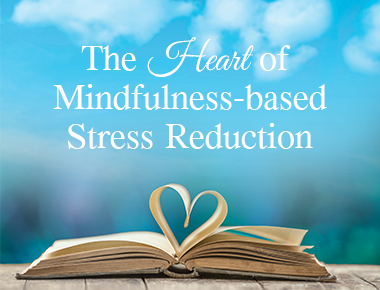
S.T.O.P.: An MBSR Practice for Developing Awareness
One of the things we practice in MBSR is becoming aware of the triggers of dissatisfaction and suffering. A wonderful way to maintain a greater sense of well-being is the ability to notice when things get a little off kilter and we start to experience unhappiness. It is in this moment that we can use the method of S.T.O.P. to allow ourselves to listen with open hearts and minds and commit to being freer and happier.
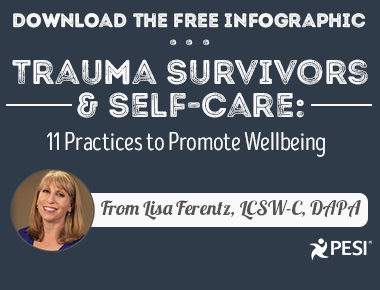
Trauma Survivors and Self-Care
11 Practices to Promote Wellbeing
How can you help your clients work on increasing acts of self-care? Keeping in mind that self-care can manifest in different ways, consider suggesting these 11 practices as "homework assignments" to promote wellbeing...
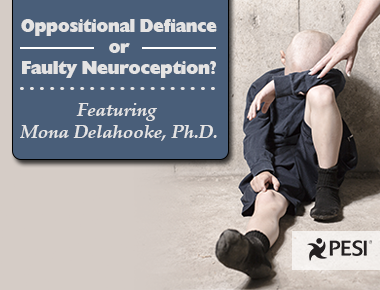
Oppositional Defiance or Faulty Neuroception?
Over the years I have come to believe that oppositional defiant disorder (ODD) is not a label that should be used to describe young children. As a developmental psychologist, I view oppositional defiance as a child’s response to stress. Viewing children’s challenging behaviors on a continuum of stress and stress recovery reveals a whole new way to think about this stigmatizing disorder, as well as a new way to support children, informed by neuroscience.
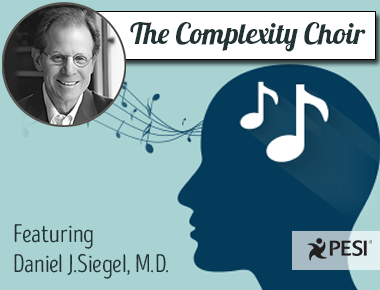
The Complexity Choir
I've come to believe that integration is the key mechanism beneath both the absence of illness and the presence of well-being. Integration -- the linkage of differentiated elements of a system -- illuminates a direct pathway toward health. It's the way we avoid a life of dull, boring rigidity on the one hand, or explosive chaos on the other. We can learn to detect when integration is absent or insufficient and develop effective strategies to promote differentiation and then linkage.



